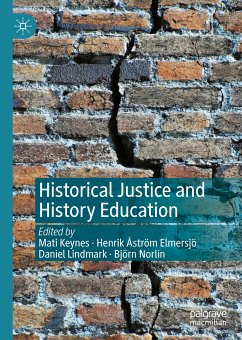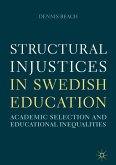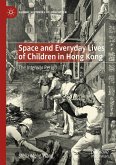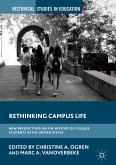This book explores how the expectations of historical justice movements and processes are understood within educational contexts, particularly history education. In recent years, movements for historical justice have gained global momentum and prominence as the focus on righting wrongs from the past has become a feature of contemporary politics. This imperative has manifested in globally diverse contexts including societies emerging from recent, violent conflict, but also established democracies which are increasingly compelled to address the legacies of colonialism, slavery, genocides, and war crimes, as well as other forms of protracted discord. This book examines historical justice from an educational perspective, exploring the myriad ways that education is understood as a site of historical injustice, as well as a mechanism for redress. The editors and contributors analyse the role of history education in processes of historical justice broadly, exploring educational sites, policies, media, and materials. This edited collection is a unique and important touchstone volume for scholars, policy-makers, practitioners, and teachers that can guide future research, policy, and practice in the fields of historical justice, human rights and history education.
Dieser Download kann aus rechtlichen Gründen nur mit Rechnungsadresse in A, B, BG, CY, CZ, D, DK, EW, E, FIN, F, GR, HR, H, IRL, I, LT, L, LR, M, NL, PL, P, R, S, SLO, SK ausgeliefert werden.









